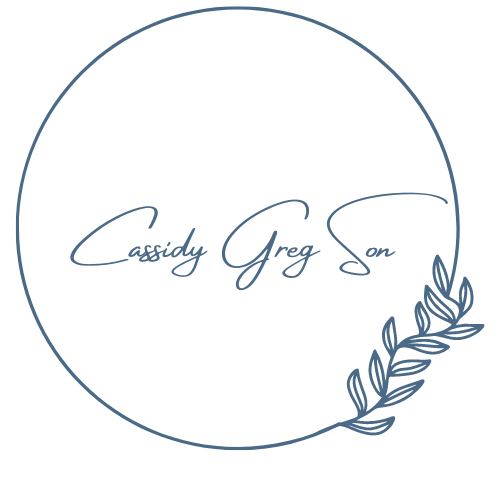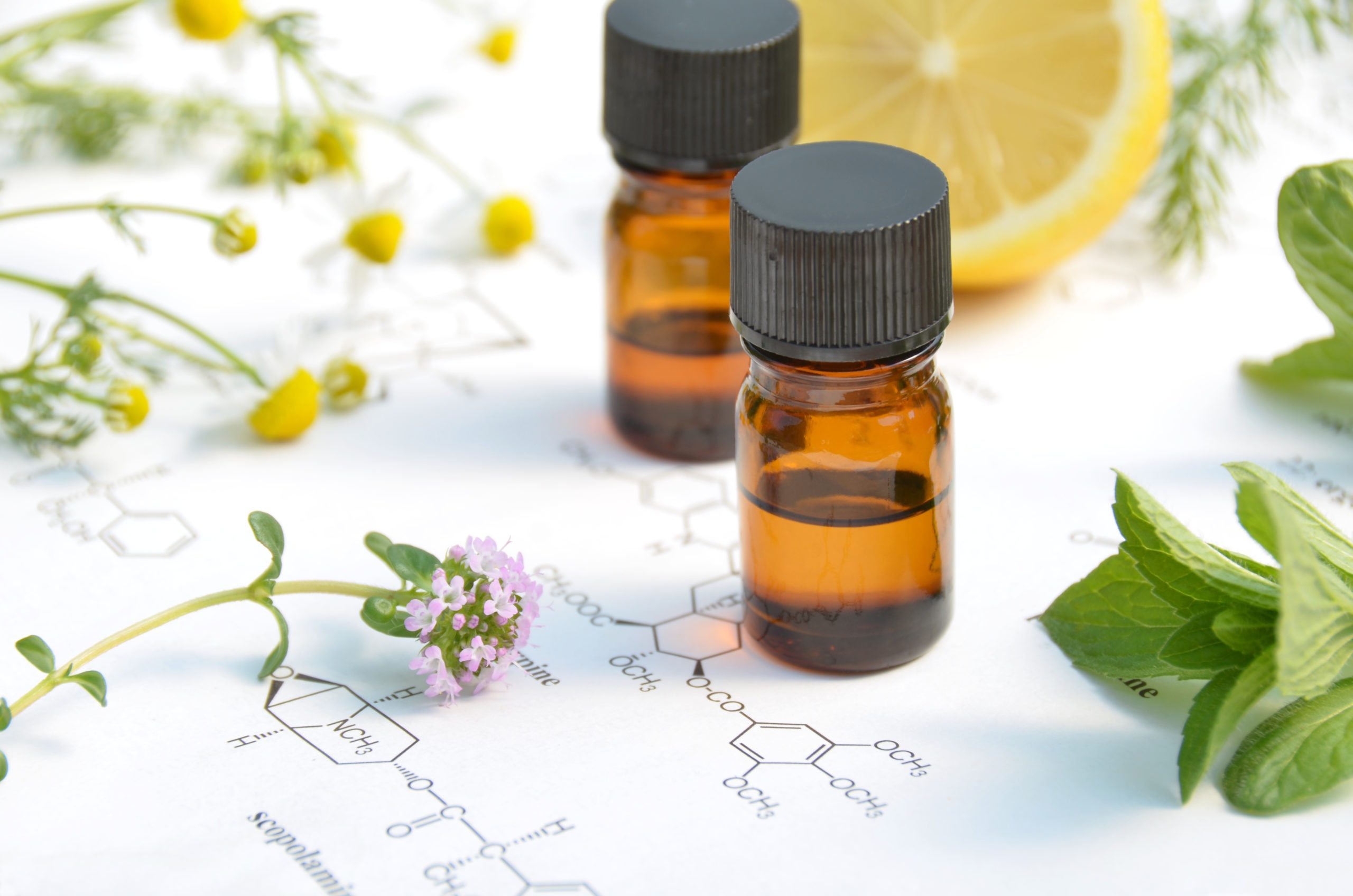There is one topic that deserves our full attention and it concerns the purity of essential oils in general, and the topic of 100% pure essential oils. This is a very important topic, because in our times we have difficulties in finding pure water, clean air, pure food, so basically this issue of purity is also very important when it comes to using natural remedies.
First of all, many people think that the term Aromatherapy refers to “healing with the power of fragrance”, that simply the harmonious smell of a plant can heal by somehow re-bringing harmony inside ourselves. Although this is in part true, it’s not 100% true. Let’s be reminded that 100% pure Essential Oils can be used in many ways other than by releasing fragrance and aromas in the atmosphere, in our homes, etc. They can also be used for body massage, and also to accelerate the healing by directly applying them to the skin or wounded areas. And this brings about an important issue: should we care about the purity of essential oils?
And the answer is “YES”, we do. Because the active, healing ingredients in all therapies involving plants are their natural substances, the natural perfectly-balanced working-together mother-nature-born “chemicals”.
What we want are 100% pure essential oils. But here’s the sad part: many suppliers nowadays, trying to take the short way to “success” and to their “market”, don’t care anymore about the quality of their products, and the health of their clients. Many supposedly 100% pure oils are far from pure and far from 100%. They use terms such as “nature identical product”, but the truth is simple: nature is impossible to replicate, it’s way too complex, and even if structurally things were right, there’s something called the “vital force” of the vegetal world (which does the heavy lifting in the healing process) that just can’t be created in a lab.
Such unscrupulous and irresponsible merchants don’t realize the kind of damage that they can do: there are allergies that can be triggered by the chemical substances when applied to sensitive skins, and also many times the “remedies” instead of healing an illness provoke others.
Also be reminded that essential oils are very precise in their actions (due to the natural and naturally balanced substances they contain): a specific part of a plant may heal one illness, or help in the healing process (example: the leaves), while another may heal another (example: the flowers). And why not, the bark may heal another. The same is true for different families of the same species: one family can truly heal, while another may be used very rarely or never in aromatherapy.
So pure essential oils are very specialized, and for that reason one cannot just “presume” for them to be pure: we must be certain of it.
Another reason why this has become a problem nowadays is the “limited resources” issue. More than ever, we’re made aware that our planet’s resources are limited, and because some plants are harvested in the wild, there’s definitely a quantitative limit to their usage. So some suppliers, aware of this problem, try to “inflate” the oils with synthetic parts that are not as effective and precise in their action as their natural counterparts.
What to do?
Pure essential oils are extracted from various parts of a plant/tree, normally by a process called steam distillation, but also by other means such as cold percolation. The methods used are first indicators as to the purity of the oil.
First of all, try to find the producer of the 100% pure essential oil you intend to purchase from and do some research. In the Internet world nowadays you can easily research any company rapidly. Find their website, read about the production process, about stocks and how they are managed, about sources of raw materials, look for testimonials, see if there are any controversies around that specific company. Simply put: Be informed.
Also remember these points:
- 100% pure oils normally come in small quantities
- 100% pure essential oils are normally found in dark bottles
- 100% pure essential oils don’t contain any proteins (they are “oils”), so if you have an allergic reaction -excluding the possibility of it being a curative reaction of a normal vital body- it may very well be sign of synthetic substances added to the entire compound.
- the cost is not always an indicator of quality. In the world of branding we live in, words are many times used irresponsibly. Brand costs. So don’t take the cost as the only indicator for quality.
Hope this short essential oils guide will help you make a conscious decision about how to buy essential oils, about purchasing options and considerations.
And don’t forget: nature is always better. But responsibility is important, because nature is limited in its resources, and we must also learn to give back, and not just take.
Enjoy your 100% pure essential oils, and may aromatherapy help you find a way towards true health.

